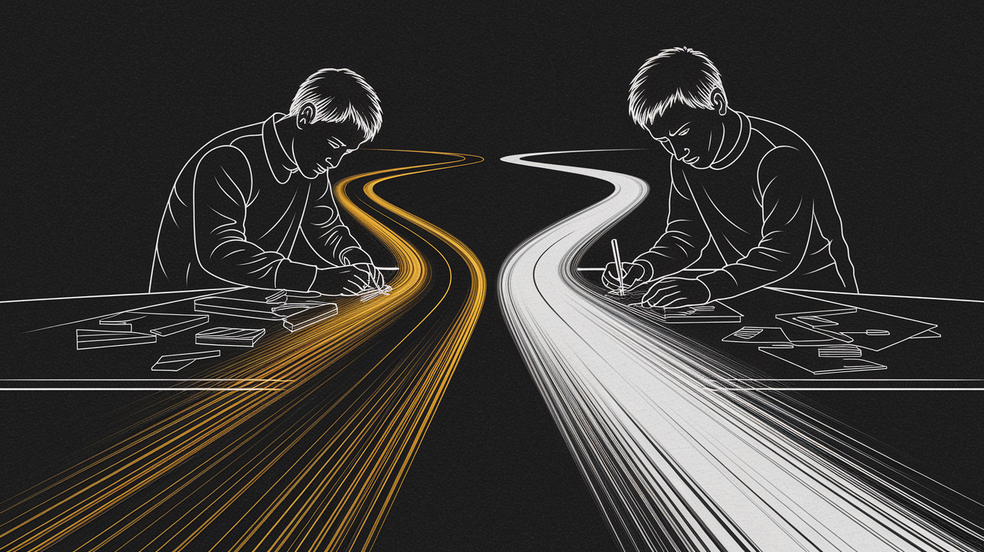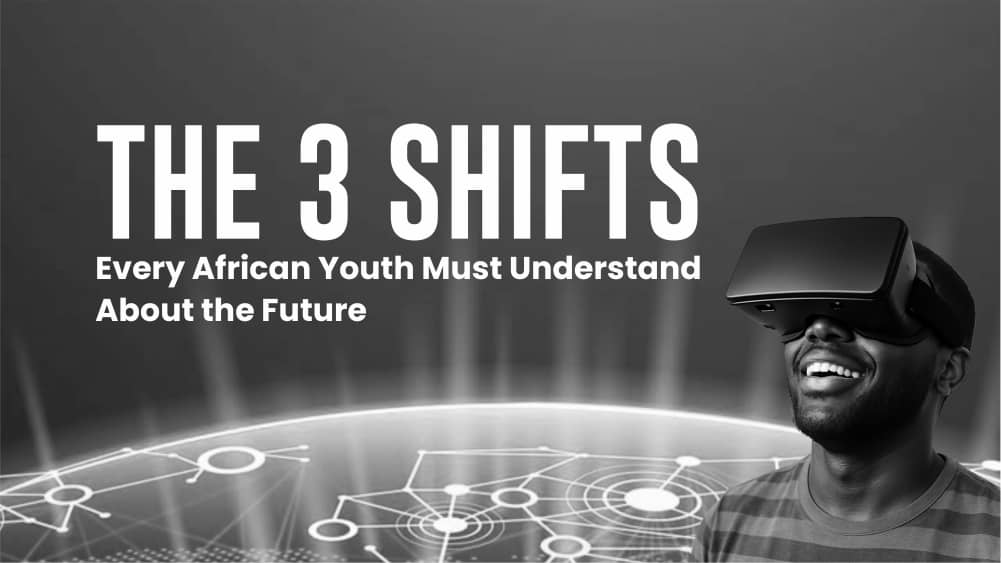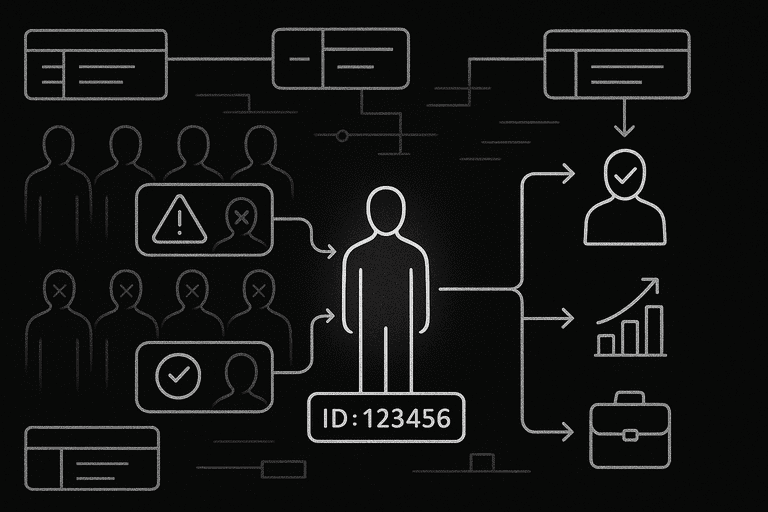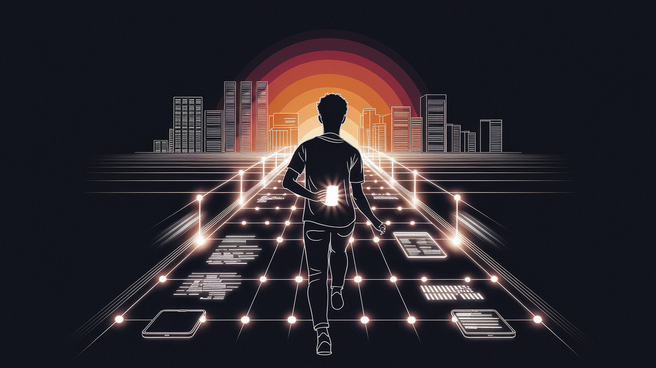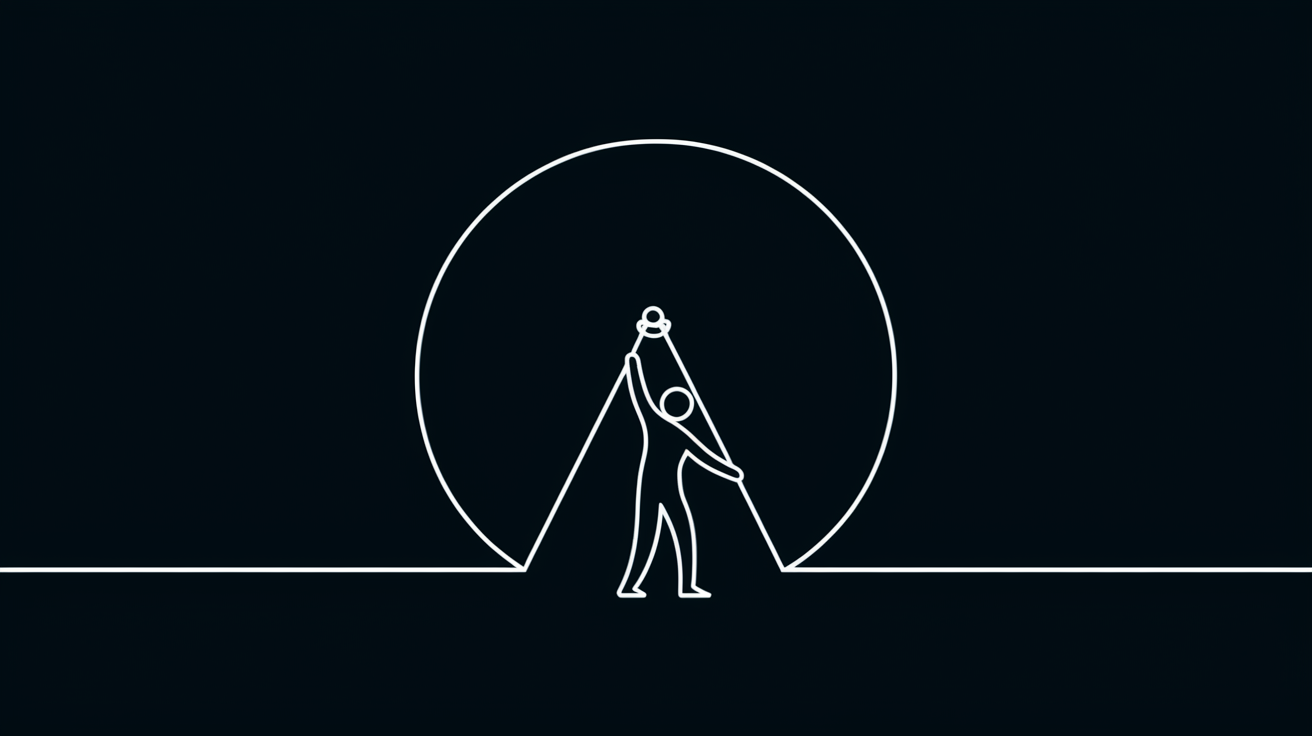The moment I stopped treating my dreams as options and started treating them as obligations, everything changed.
Until you take everything you learn or everything you care about personally, you cannot sustain it. In other words, sustainability in your career, in your business, in your life has to be personal.
You have to make it personal. You have to carry it on your head.
This isn’t just motivational talk—it’s backed by science and demonstrated through my journey from a cyber cafe operator to a software engineer with international success.
The Science of Personal Investment
Researchers at the University of Rochester studied motivation patterns across 1,000 individuals pursuing various goals. They discovered something remarkable: those who had “intrinsic motivation”—personal connection to their goals—were three times more likely to sustain their efforts long-term compared to those motivated by external rewards.
The neuroscience is equally compelling. When we make something personal, we activate the ventromedial prefrontal cortex—the brain region associated with personal value and decision-making. This creates stronger neural pathways than when we pursue goals we perceive as separate from our identity.
A 2019 study published in the Journal of Personality and Social Psychology found that when participants framed goals as part of their identity (“I am a writer” versus “I want to write more“), they showed 68% higher consistency in pursuing those goals over a six-month period.
The Warning in the Statistics
The data tells a sobering story about what happens when we don’t make things personal:
- 92% of New Year’s resolutions fail within the first few months
- 80% of entrepreneurs abandon their business ideas within the first year
- 70% of organizational change initiatives fail to achieve their goals
These aren’t just numbers—they represent countless dreams deferred, businesses shuttered, and transformations abandoned.
The common denominator?
A lack of personal investment sufficient to overcome inevitable obstacles.
The Secret of Sustainable Success
The secret is that we often react differently to the things that are personal to us. When you take your business personal, for instance, you cannot fold your arms and watch it die without doing anything.
Consider the story of Elon Musk during Tesla’s darkest days in 2008.
When the company was three days from bankruptcy, Musk invested his last $40 million and moved into the factory, sleeping on the office floor and working 120-hour weeks.
When asked why, he simply said, “I had to make it work.” For Musk, Tesla wasn’t just a business venture but a personal mission to accelerate sustainable transportation.
Or take Sara Blakely, founder of Spanx. Before her billion-dollar success, she spent seven years selling fax machines door-to-door while developing her product at night. When lawyers charged $3,000 to file her patent, she wrote it herself using a textbook. “I didn’t have a business plan,” she recalls. “I had a personal mission to solve a problem women faced every day.”
Both stories illustrate what research confirms: when something becomes personal, our response to adversity fundamentally changes.
The Transformation Pattern
I see this pattern repeatedly among those who transform their lives versus those who remain in cycles of starting and stopping.
When I lost my mother at a young age and became responsible for my siblings, my pursuit of digital skills wasn’t just a career path—it was personal survival.
During those long nights teaching myself programming after working at cyber cafes all day, what pushed me forward wasn’t just ambition. It was the personal stake I had in changing our circumstances.
Later, when I struggled with complex programming concepts like the CSS Box Model (which basically is not a complex concept, but was for me at that time and at that level of my career) that nearly derailed my journey, it wasn’t technical resources that saved me.
It was the fact that I had made this journey so personal that turning back felt impossible. This wasn’t just about learning code—it was about creating a bridge from where we were to where we needed to be.
This personal investment has carried through to building FluideMinds, Uptouch Media Labs, Uptouch Cleaning Services, and Uptouch Football Foundation. These ventures aren’t just business opportunities—they’re extensions of my personal mission to build bridges between potential and possibility for others.
The difference isn’t talent. It isn’t opportunity. It isn’t even luck.
It’s making the journey personal enough that abandoning it feels like abandoning yourself.
A Harvard Business School study tracking successful founders found that 76% reported moments where they would have quit if their venture had been “just a business opportunity” rather than a personal mission. The pattern was clear: sustainable success required personal stakes.
Consider Oprah Winfrey, who transformed her traumatic childhood experiences into a platform for connection and healing. “The reason I’ve been able to be so financially successful,” she explains, “is my focus has never been money. It’s been on using my platform to create positive change—which for me, is personal.”
The Bridge to Possibility
So my friend, until you start taking your self-growth personal, don’t expect to see sustainable changes in your life. The bridge between potential and possibility isn’t built on casual interest—it’s built on personal investment.
According to research from the University of Pennsylvania, grit—the perseverance for long-term goals—is a better predictor of success than IQ or talent. And what creates grit? A personal connection to the outcome.
This is why I often tell those I mentor: Start scared if you must. Learn fast when you can. But build boldly always, because when it’s truly personal, you’ll find ways forward that others miss.
Take the story of Malala Yousafzai, who continued advocating for girls’ education even after being shot by the Taliban. “Education is neither Eastern nor Western,” she said. “Education is education and it’s the right of every human being.” For Malala, education wasn’t just a policy position—it was deeply personal.
Making It Personal: Your Turn
The question isn’t whether you have potential—you do.
The question isn’t whether possibilities exist—they do.
The question is: Have you made your journey personal enough to sustain you when the inevitable challenges arise?
Ask yourself: If no one was watching, if no external rewards existed, would I still pursue this path because it matters that deeply to me?
When you can answer yes, when you’ve made it personal enough that abandoning it feels like abandoning yourself, you’ve found the key to sustainable transformation.
Start by identifying one area of your life that needs to become more personal. Then ask: What would change if I carried this on my head, if I treated it as an obligation rather than an option?
Because in the end, you’ll either make it personal, or you’ll make it perish.
The choice is yours.
—Destiny

